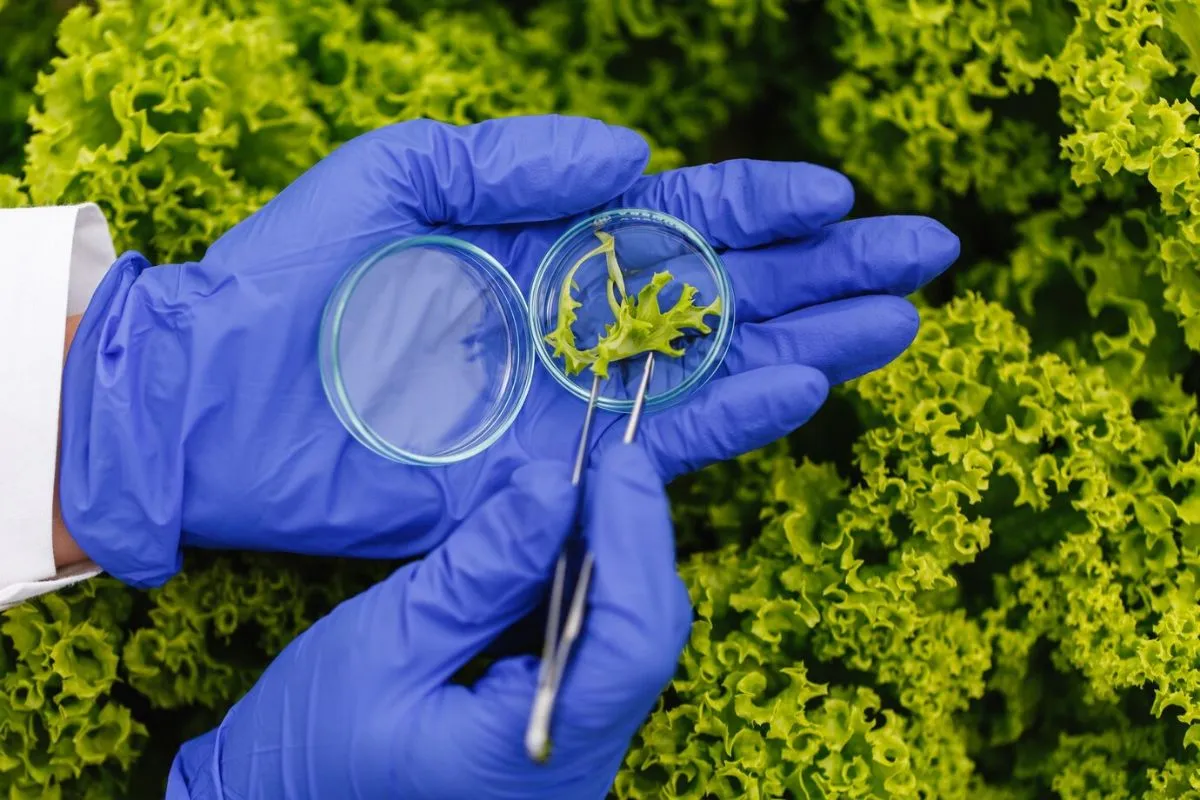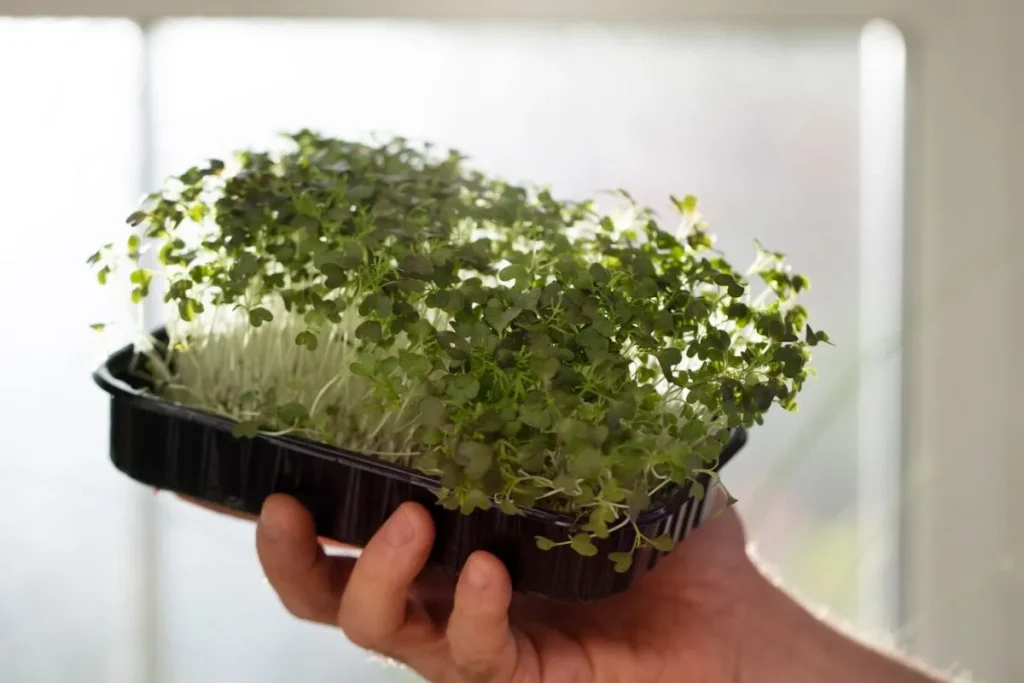Sustainable Practices in Edible Algae Production are essential for the future of food security. With growing environmental concerns, sustainable farming practices are becoming a necessity.
The concept involves adopting strategies that minimize environmental impact. This approach is particularly crucial in algae farming.
We will explore various strategies for sustainable algae production. Understanding these methods can help optimize both yield and ecological balance.
Sustainable Practices in Edible Algae Production
Utilizing Sustainable Practices in Edible Algae Production means adopting methods that are environmentally friendly and resource-efficient.
Here, we dive into some strategies that make algae farming sustainable.
Strategies for Sustainable Algae Production
Water Recycling
Water is a crucial component in algae farming. Adopting recycling systems for water can significantly reduce consumption.
This helps in conserving freshwater resources, essential for sustainable farming practices.
Advanced filtration systems can ensure that the recycled water maintains necessary nutrient levels.
Energy Efficiency
Another critical factor is energy use. By employing renewable energy sources, algae farms can minimize their carbon footprint.
Solar and wind energy are popular options for energy needs in algae cultivation.
Innovative technology, like using LEDs instead of traditional lighting, can also contribute to energy efficiency.
Integrated Farming Systems
Combining algae farming with other agricultural practices, known as integrated farming, offers numerous benefits.
This method uses waste products from one system as inputs for another, achieving resource optimization.
For instance, waste from fish farming can serve as nutrients for algae culture.
Environmental Impact of Algae Farming
Reduction in Carbon Emissions
Edible algae farming has a lower carbon footprint compared to traditional agriculture. This makes it a sustainable food source.
The photosynthetic process in algae absorbs carbon dioxide from the atmosphere, thereby reducing greenhouse gases.
This characteristic makes algae farming a highly effective method for combating climate change.
Water Conservation
Algae farming often requires less water compared to conventional crops. This makes it an ideal choice in water-scarce regions.
Implementing efficient irrigation systems can further decrease water usage.
These systems ensure that every drop of water is utilized, minimizing waste.
Biodiversity Preservation
Algae farms can coexist with marine ecosystems, fostering biodiversity.
Sustainable practices in algae farming can enhance the habitat for various marine species.
This contributes to maintaining ecological balance, essential for long-term sustainability.
Nutritional Value of Edible Algae
Rich in Nutrients
Edible algae, like spirulina and chlorella, are nutrient-dense foods. They contain high levels of proteins, vitamins, and essential fatty acids. These nutrients support muscle growth, immune function, and overall vitality.
Additionally, spirulina and chlorella are rich in antioxidants, which help combat oxidative stress and inflammation in the body. This makes them a valuable addition to any diet, promoting overall health.
Incorporating edible algae into meals can enhance nutritional intake significantly. They are versatile and can be added to smoothies, salads, and soups. Regular consumption can lead to improved energy levels and better digestion.
These algae also provide important minerals like iron, calcium, and magnesium, which are essential for bone health and metabolic functions. Thus, they are a convenient way to boost daily nutrient intake.
For those seeking plant-based protein sources, algae are an excellent option. They are sustainable and require fewer resources to produce compared to traditional livestock.
This makes them an environmentally friendly choice for protein. By choosing algae, individuals contribute to a more sustainable food system. Embracing algae in diets supports personal health and the health of the planet.
Antioxidant Properties
Edible algae are recognized for their high nutritional value. They are rich in proteins, vitamins, and minerals. This makes them an excellent supplement for a balanced diet.
Additionally, algae are low in calories, making them suitable for weight management. Algae are rich in antioxidants, which can combat oxidative stress in the body.
Edible algae can be cultivated at home with the right setup. This makes it accessible and practical for many. Simple home systems require minimal space and maintenance.
This allows even urban dwellers to grow their own nutritious food. By growing algae at home, individuals can ensure they are consuming fresh, uncontaminated produce.
Home cultivation minimizes the reliance on commercial algae. Thus, reducing the carbon footprint associated with transportation. It also ensures a fresh supply of algae, free from preservatives. This practice promotes a more sustainable and eco-friendly lifestyle.
Furthermore, home cultivation can be a cost-effective alternative to purchasing algae from stores.
Potential in Food Security
Due to their high nutritional value, algae can play a crucial role in food security. They can serve as a sustainable food source for the growing global population.
Sustainable Practices in Edible Algae Production ensure consistent yield, making them a reliable food option.
This potential underscores the significance of adopting sustainable methods in algae farming.
Future Directions in Sustainable Algae Farming
Advanced Cultivation Techniques
Technological advancements are crucial for the future of sustainable algae farming.
Modern techniques, like bioreactors, can enhance productivity while minimizing resource input.
These innovations make algae farming more efficient and eco-friendly.
Policy and Institutional Support
Government policies can significantly influence sustainable algae production.
Incentives for sustainable practices and funding for research can accelerate advancements in the field.
Institutional support ensures a stable framework for sustainable farming initiatives.
Community Involvement
Local communities play a significant role in the success of sustainable algae projects.
Engaging them in the process ensures broader acceptance and implementation of sustainable methods.
Community education on the benefits of algae farming can foster a collaborative approach.
Final Thoughts
Sustainable Practices in Edible Algae Production are vital for long-term food security and environmental health. Implementing water recycling, energy efficiency, and integrated farming techniques can minimize negative impacts.
Algae farming holds the promise of reducing carbon emissions, conserving water, and preserving biodiversity. Its high nutritional value further cements its role in future food systems.
Embracing these sustainable methods offers both ecological and economic benefits. Such initiatives pave the way for a resilient and thriving agricultural future.
For a more sustainable world, make algae farming part of your next agricultural venture. Explore the benefits and implement these strategies in your practices.
Frequently Asked Questions
Is algae farming more sustainable than traditional agriculture?
Yes, algae farming generally has a lower environmental impact, using less water and reducing carbon emissions.
What are the main benefits of edible algae?
Edible algae are rich in nutrients, have antioxidant properties, and are a sustainable food source.
How can algae farming contribute to food security?
Algae farming can provide a consistent and nutrient-dense food source, essential for meeting global food demands.
What is the role of community involvement in algae farming?
Community involvement ensures local support and adoption of sustainable practices, enhancing the success of algae farming projects.
Are there any incentives for adopting sustainable algae farming methods?
Some governments offer incentives and funding for sustainable practices, promoting research and technological advancements in this field.



